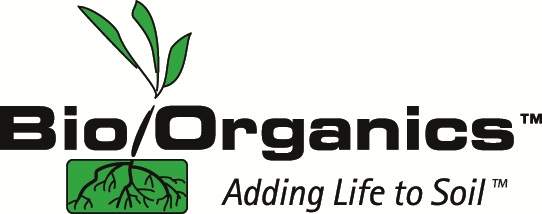I received a call today from a landscaper who related his experience with a mycorrhizal inoculant (not ours). He said that plants responded immediately to it, but after 2-3 weeks couldn't see any further benefit and the plants didn't look good.
After having him read the label to me, it was obvious that there were several fast-acting ingredients in the product which would produce the responses he observed, but only a very few Endomycorrhizal fungi spores - probably not enough to reliably create the beneficial infectivity.
As Endo spores are relatively expensive (In contrast, Ecto types are a few dollars per billion), a common marketing strategy is to grandly tout "contains mycorrhizae" in packaged products, and to downplay the actual guaranteed Endo-type numbers or not even show such information. This is all in the category of buyer beware.
Having a relatively low concentration of Endo spores is perfectly legitimate for products that are designed to be used as soil additives (such as our MycoMinerals), or for potting soils where a few spores scattered throughout the mix will do the job. However, for products that are sold as inoculants, it pays to put on your reading glasses and examine the fine print! Sometimes the most expensive products don't offer very impressive spore counts, especially of Endo-type spores.
A final caution: A guaranteed "spore" count is a more stringent measure of value than "propagule" counts, which can include cheaper and short-lived hyphae fragments. If used fresh, hyphae bits can certainly create infectivity, but their shelf life is far briefer than dormant spores - some of which can remain viable for 10-20 years or more.
To get back to my landscaper call, I told him that his experience was about exactly opposite of what he should expect to see from a successful mycorrhizal inoculation - that it takes some time (maybe 2-4 weeks) for spores to activate and colonize the surrounding soil to forage for nutrients. Inoculated plants often appear weak and yellowish until the fungi became established, then they typically "take off" and thrive. We advise patience - don't give in to the temptation to drench newly inoculated plants with liquid fertilizers - that will usually disrupt the biological process.
Cheers, and good growing,
Don Chapman
President, BioOrganics, Inc.
